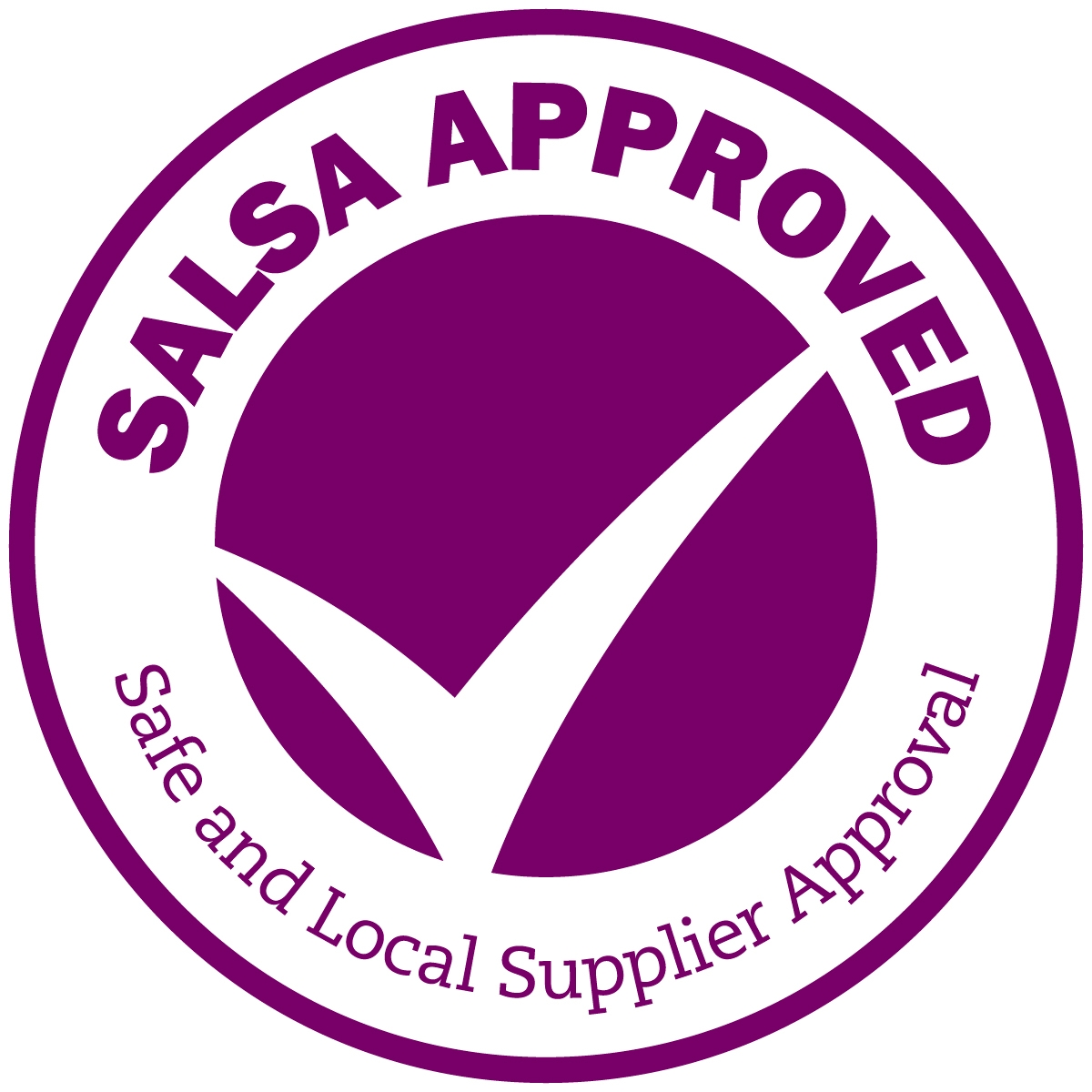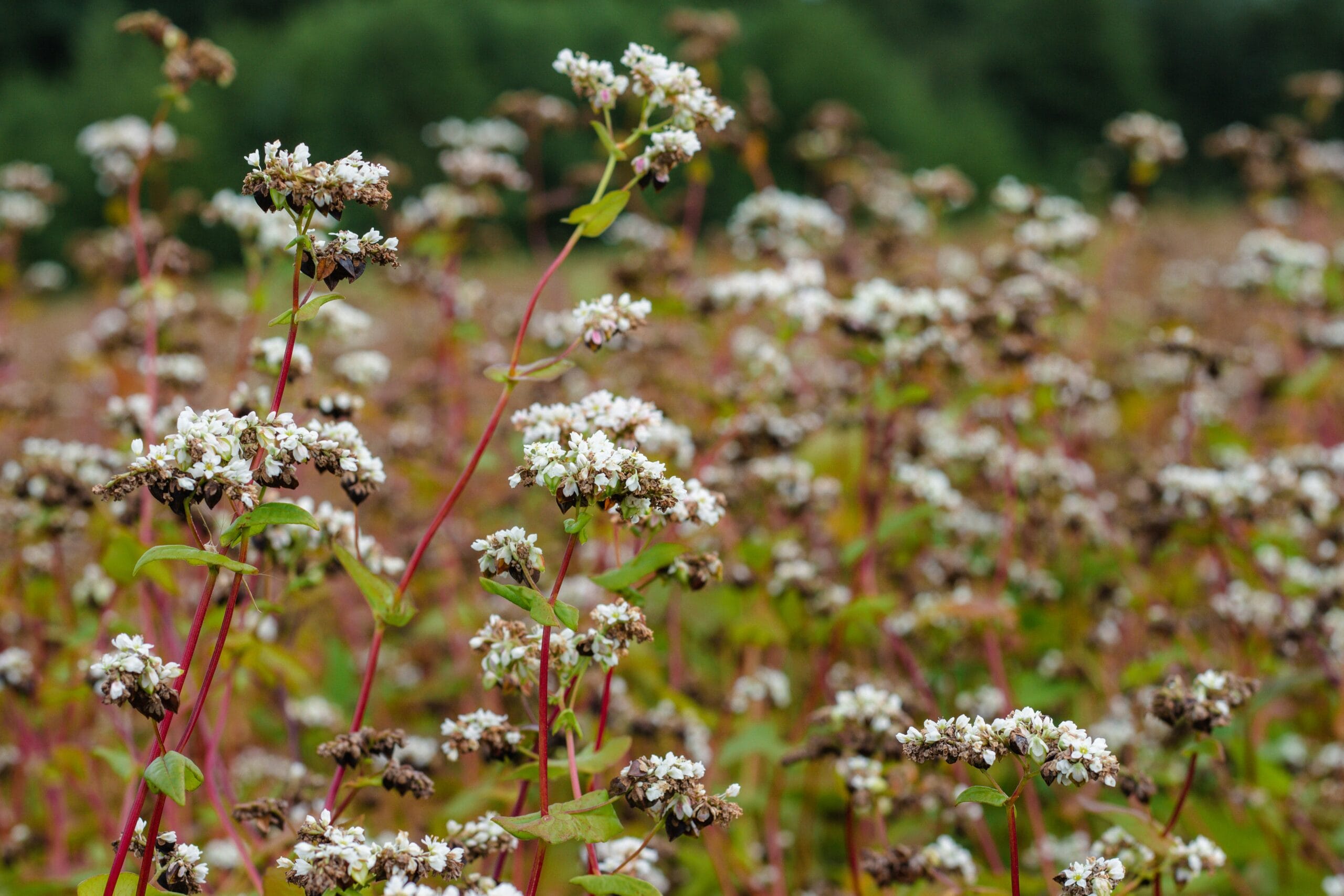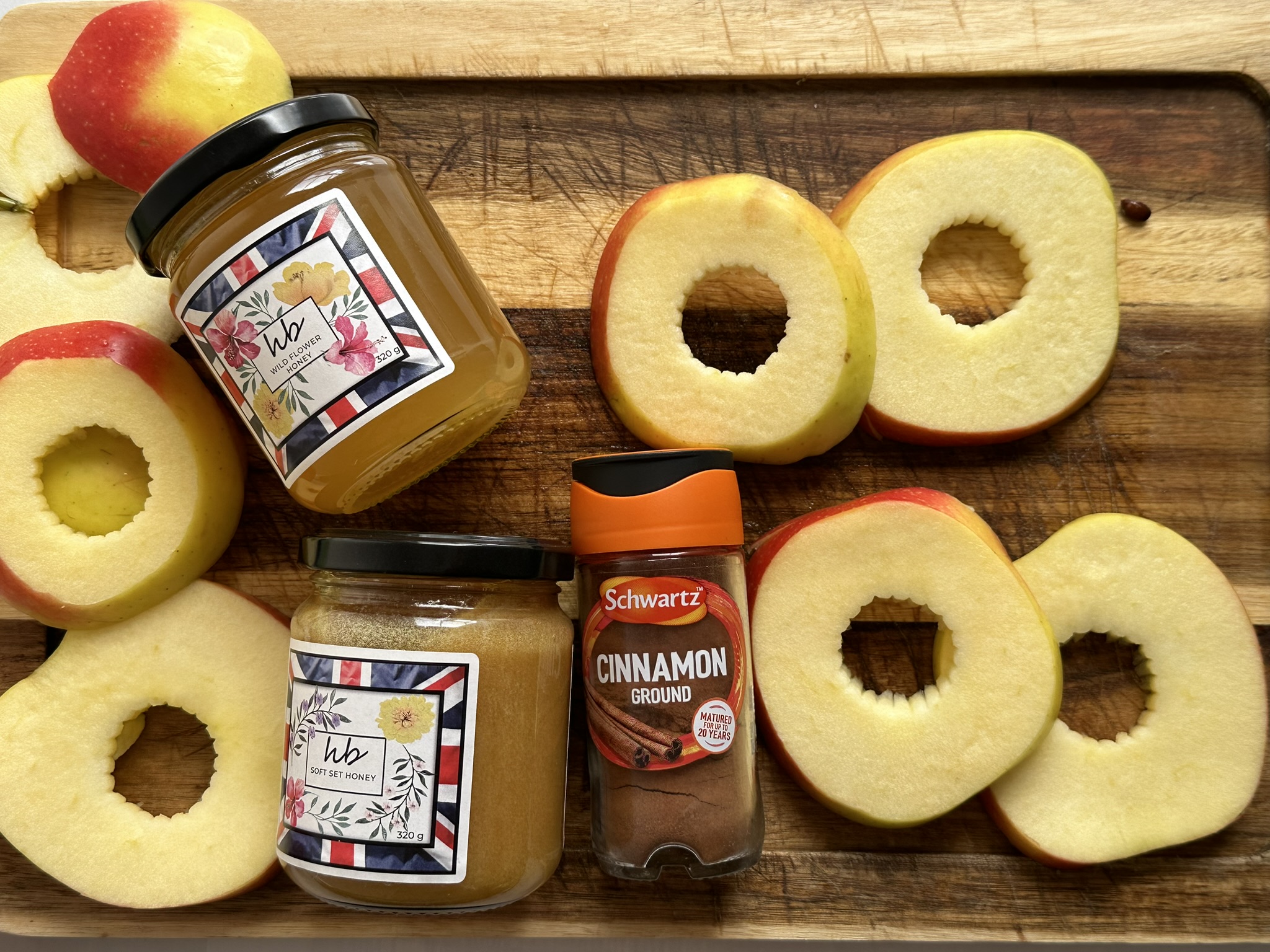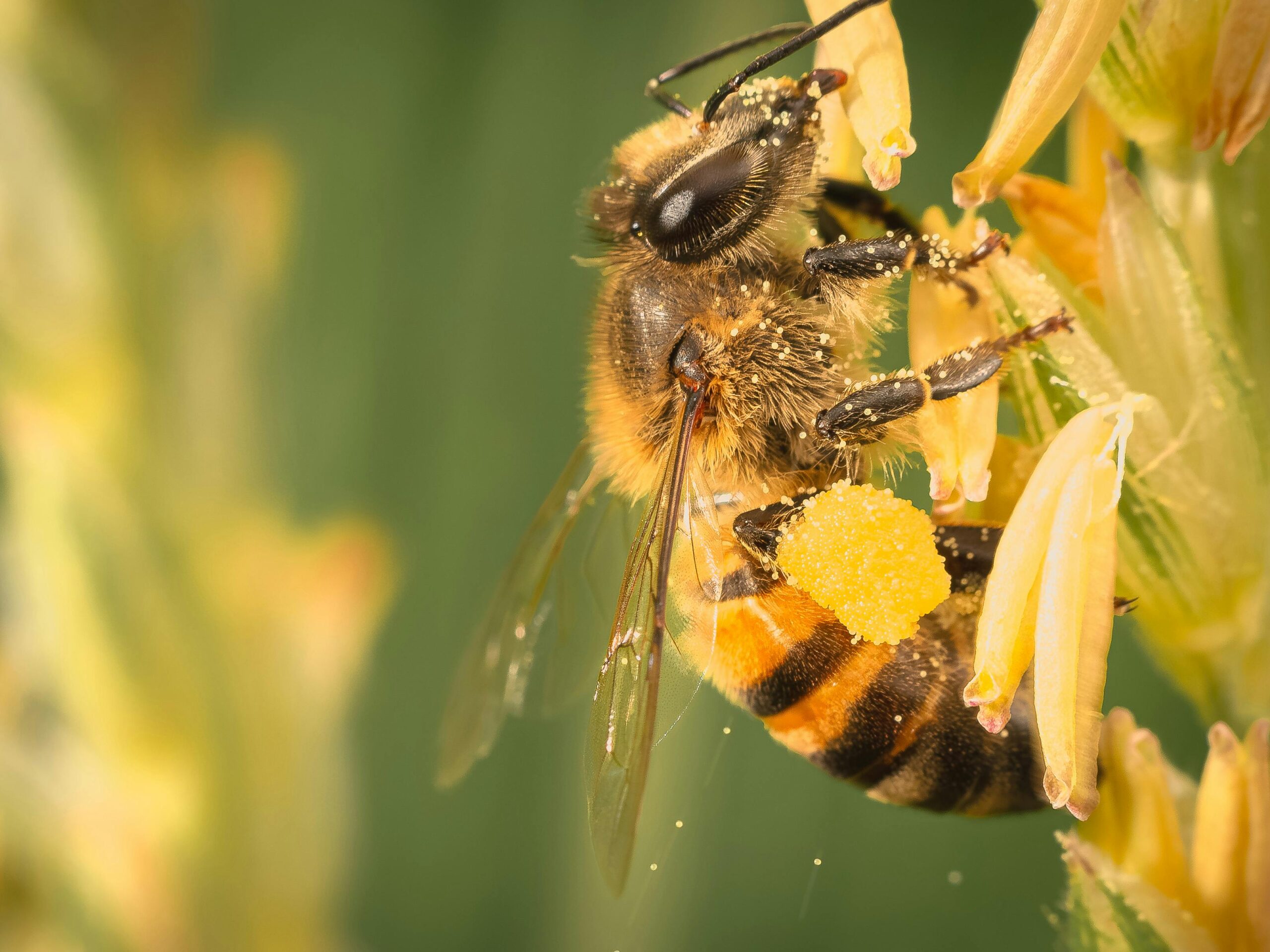British Honey
Our British Honey
SALSA Certification for our British Honey Supplier

Our British honey supplier holds the prestigious Salsa Certification, a robust and effective food safety certification scheme tailored for smaller food producers and suppliers.
This certification attests that they adhere to industry-recognized standards that surpass the minimum requirements set by regulatory authorities.
To achieve SALSA approval, suppliers must demonstrate to auditors that they consistently produce and supply safe and legal food, and are committed to upholding the stringent SALSA standard. Founded as a non-profit venture by three major trade associations in the UK Food Chain, SALSA is overseen by the Institute of Food Science and Technology (IFST).
Their purpose is to offer affordable food safety assurance certification and support for small and micro businesses in the United Kingdom. Embodying values like prioritizing safe food practices, affordability, building supportive relationships, offering practical guidance, and promoting teamwork and collaboration, SALSA is instrumental in maintaining high-quality food safety standards in the industry.
British Honey Heritage
British honey is a rich heritage, a product of centuries-old beekeeping traditions in the British landscape. The diverse flora and fauna of the British landscape provide a kaleidoscope of nectar sources for bees, contributing to its unique flavor profile. The art of beekeeping, a cornerstone of many rural communities, involves knowledge, patience, and a deep connection to the land. British honey tells a story of human stewardship and harmonious coexistence with nature, preserving a legacy that continues to sweeten the lives of those who appreciate this liquid gold.
British honey offers numerous environmental benefits beyond its culinary applications. It plays a crucial role in preserving the delicate balance of ecosystems and contributing to a healthier, more biodiverse environment. Honeybees, as tireless pollinators, play a vital role in maintaining the vibrant tapestry of native plants in the British countryside. By sourcing local honey, consumers reduce the carbon footprint associated with transportation, aligning with the global movement towards sustainable living. Additionally, local beekeepers are deeply invested in the health and vitality of their surrounding ecosystems, adopting practices that promote habitat conservation. This contributes to the overall health and resilience of the environment. By embracing local British honey, individuals participate in a cycle of sustainability, supporting local beekeepers and promoting a harmonious relationship between humans and nature. British honey also tells a story of human stewardship and harmonious coexistence with nature, leaving a legacy that continues to sweeten the lives of those who appreciate this liquid gold.
Raw Honey vs Cheap Honey
1% Minerals, Vitamins, Enzymes
6% Trisaccharide & Other Carbohydrates
7% Maltose
17% Water
31% Glucose
38% Fructose

Up to 35% Blend of EU & Non EU Honeys
Potentially containing pesticides & antibiotics
Up to 50% Water
Up to 35% High Fructose Corn Syrup
*Percentage may vary
Your Questions Answered
No. HoneyBee & co Honey is Raw Honey. Exactly how bees have made it.
No. Our Acacia Honey is produced in pure and uncontaminated natural areas and our bees are not treated with antibiotics.
Our Acacia Honey contains an Optimal water percentage between 15% and 19%. Cheap supermarket honey can have up to 50% water. This is due to either beekeeper feeding bees water with artificial sugar or they collect the honey to quickly to increase profit margins.
Nectar is a liquid secretion of flowers that bees gather. They then take out much of its water content and after adding several enzymes they produce the golden substance we call honey.
Consuming honey rather than sugar has obvious advantages. The supply to the body of energy in the form of glucose and fructose, simple sugars that do not require any digestive process. Honey also contains Vitamins and other useful enzymes.
Raw Honey is a product with many calories; approximately 320 kcal for 100g. Moderation is the key if one has a particular diet. The positive fact about honey is its sweetness. One teaspoon of honey weighs about 7g and its more than enough to sweeten your favourite cup of tea.
Raw Honey is safe and it provides many health benefits, nevertheless, it should not be cooked raw over 40 degrees. When cooked, honey becomes similar to glue and thus produces toxins. Honey's raw form is the one detaining all its main benefits and properties. By altering its chemical composition by heating or overheating the honey It may completely change its compounds leading to health hazards. Honey also contains bacteria that can harm a young baby’s intestine. To this end avoid giving honey to babies under 12 months old.
Our bees are from the Apis Mellifera from the Apidae family.
Our honey is produced on the European Continent. Our long-term goal is to partner with small beekeepers from all over the UK and Europe providing our customers with quality honey while helping increase the European bee population.
Acacia Honey Stimulates digestion cleans the liver, regulates intestinal transit. Improves heart activity and circulatory system. Helps to restore the body after effort. Stimulates the immune system. The number of red blood cells increases.
Honey is a healthier alternative to sugar, especially for diabetics. It has antioxidants that help reduce the risk of heart attacks, strokes, and some types of cancer. It lowers blood pressure and improves cholesterol values. Honey is great for healing wounds and burns.
Honey is a great solution for coughs both for children and adults.
The Hive
Interesting news, commentary, lifestyle, and all things Bees - have you got the buzz?






